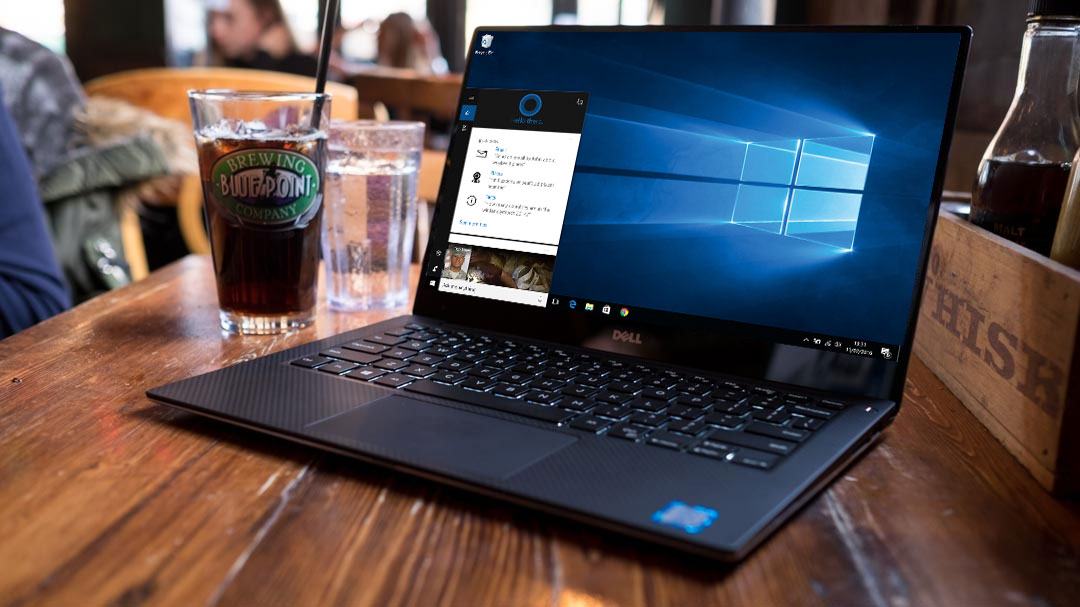Windows 10’s Cortana deals with queries way better than Siri
Although Google Assistant is top of the class

Over the last year, Microsoft has been seriously polishing its speech recognition chops – and improving Cortana – but how good is the firm’s digital assistant, really? Pretty darn good, and certainly streets ahead of Siri, claims some freshly produced research.
According to the report from digital marketing outfit Stone Temple (highlighted by Business Insider UK), Cortana successfully answered 2,825 questions out of a sample set of 5,000 factual knowledge queries, and of those questions answered, it got 82% of them right.
That’s a pretty good hit rate, and up there with the top-performing virtual assistant, namely Google Assistant which answered 3,405 questions and got 91% correct. Amazon’s Alexa was able to answer far fewer questions with a tally of 1,035, but did well when it came to getting 87% of those answers correct.
- Improve your virtual interactions with the best laptops for college
The worrying news for Apple was that Siri came last, only managing to answer 1,085 questions – barely more than Alexa – but doing way worse than Amazon with only 62% answered correctly.
Looking at the overall perspective, then, Cortana is really second only to Google Assistant, because while Alexa might have achieved a slightly higher percentage of correct answers than Microsoft’s AI assistant, Cortana was able to answer far more questions (almost treble Alexa’s tally).
Bing dinged
Apple will be hoping that things improve with its switch from Bing to Google as the default search engine used by Siri, a move announced earlier this week. The theory is that access to Google’s Search API and Knowledge Graph database will bolster Siri’s accuracy considerably, although that’s only speculation right now.
Meanwhile, it’s doubtless the case that Microsoft will further refine its speech technology, following the firm having set a ‘new industry milestone’ in terms of a low word-error-rate when it comes to voice recognition last month.
Sign up for breaking news, reviews, opinion, top tech deals, and more.
That might not help the accuracy of Cortana’s answers, but it will help her understand what you’re saying, and thus be more likely to comprehend and deliver an answer. It’s also part of Microsoft’s push to eventually enable ‘human-like’ natural conversations with Windows 10’s assistant – the Holy Grail when it comes to these digital entities.
Via: On MSFT
- Some of our best laptops of 2017 use Windows 10 and Cortana
Darren is a freelancer writing news and features for TechRadar (and occasionally T3) across a broad range of computing topics including CPUs, GPUs, various other hardware, VPNs, antivirus and more. He has written about tech for the best part of three decades, and writes books in his spare time (his debut novel - 'I Know What You Did Last Supper' - was published by Hachette UK in 2013).